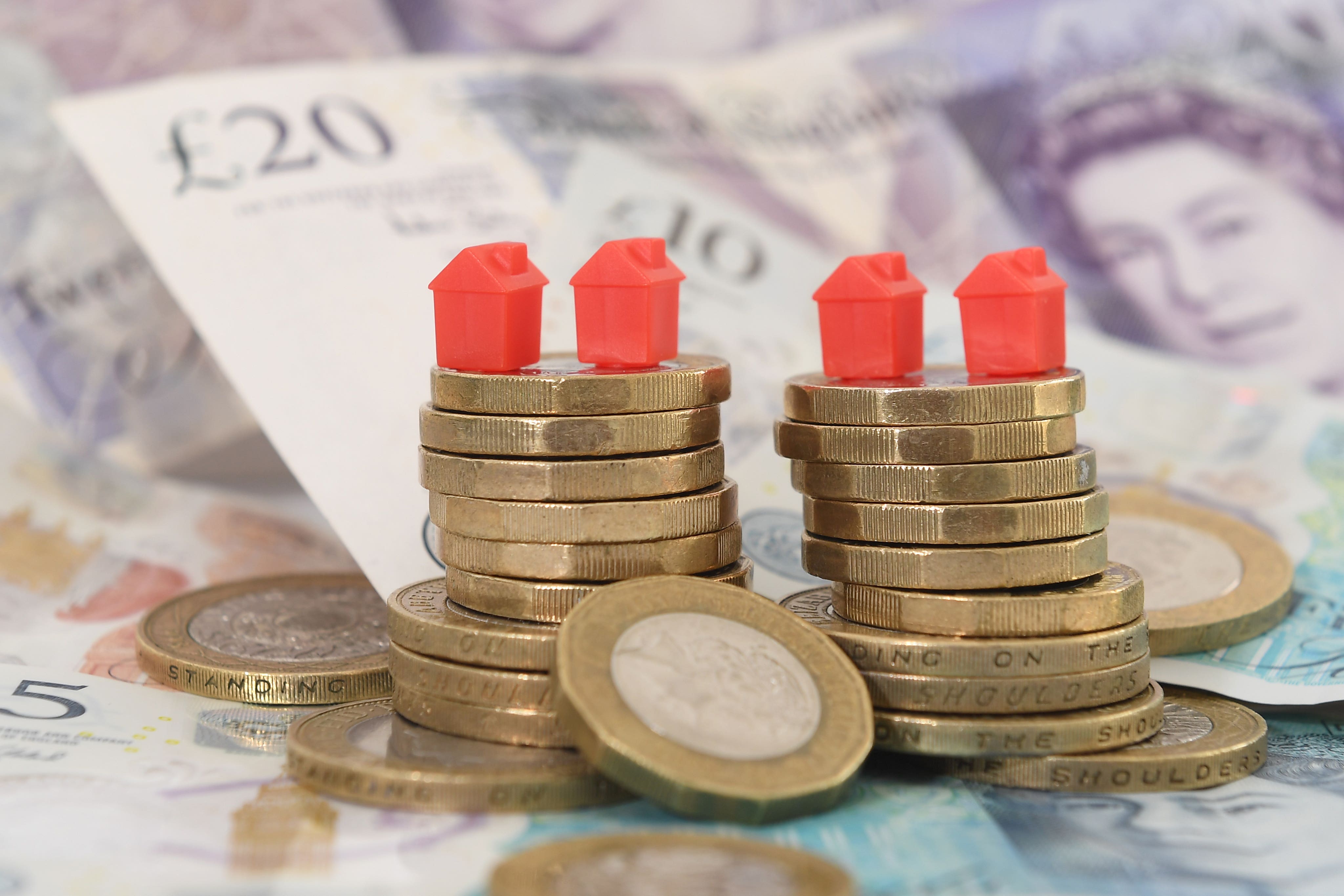Stamp duty rebates ‘should be offered in return for home energy improvements’
Stamp duty should be used as a ‘fiscal lever’ to encourage energy efficiency measures, UK Finance suggested.

Your support helps us to tell the story
From reproductive rights to climate change to Big Tech, The Independent is on the ground when the story is developing. Whether it's investigating the financials of Elon Musk's pro-Trump PAC or producing our latest documentary, 'The A Word', which shines a light on the American women fighting for reproductive rights, we know how important it is to parse out the facts from the messaging.
At such a critical moment in US history, we need reporters on the ground. Your donation allows us to keep sending journalists to speak to both sides of the story.
The Independent is trusted by Americans across the entire political spectrum. And unlike many other quality news outlets, we choose not to lock Americans out of our reporting and analysis with paywalls. We believe quality journalism should be available to everyone, paid for by those who can afford it.
Your support makes all the difference.Homeowners should receive stamp duty rebates if they make energy improvements within two years of buying a property, a banking and finance industry trade association has suggested.
UK Finance said stamp duty, which applies in England and Northern Ireland, should be used as a “fiscal lever to encourage the implementation of energy efficiency measures and low-carbon heat sources”.
It proposed a range of measures aimed at helping to tackle the climate change challenge, as well as rising energy bills and living costs.
Among its proposals, it said stamp duty land tax (SDLT) should be amended to incorporate the property’s energy demand and carbon emissions, with rebates if energy efficiency improvements are completed within two years of the property purchase.
Implementation of the SDLT amendment should be made after 2025, UK Finance’s report suggested.
It also called for a greater focus on retrofitting social housing, particularly in areas with high rates of fuel poverty, to help reduce energy bills for residents.
Grants for vulnerable households should also be made available to cover the full up-front cost of energy efficiency improvements and low carbon heating systems, the body said.
For households with a greater ability to pay for retrofitting, a smaller up-front grant should be offered with the option to supplement this with an interest-free loan or low-interest rate loan to cover the remaining cost, UK Finance added.
David Postings, chief executive of UK Finance, said: “Climate change is the number one public policy priority facing this and future generations. The challenge we face means we can no longer just consider our options, but instead need to see strong action. In housing this means addressing the impact of heating the UK’s 28 million homes.
“Our new report sets out a range of recommendations to help deliver net zero in the UK’s housing stock, ranging from supporting vulnerable people with the costs of energy efficiency improvements to providing grants and subsidies to upskill tradespeople.
“The banking and finance sector is playing, and will continue to play, a key part in facilitating the transition to net zero.”
He said the transition “must be done in a fair way that that does not leave anyone behind”.